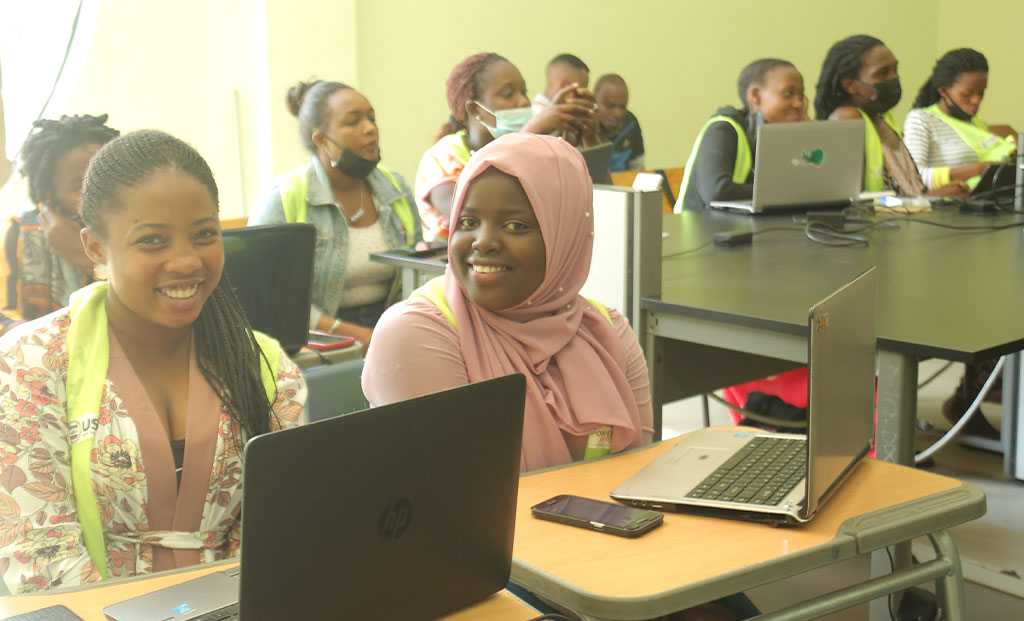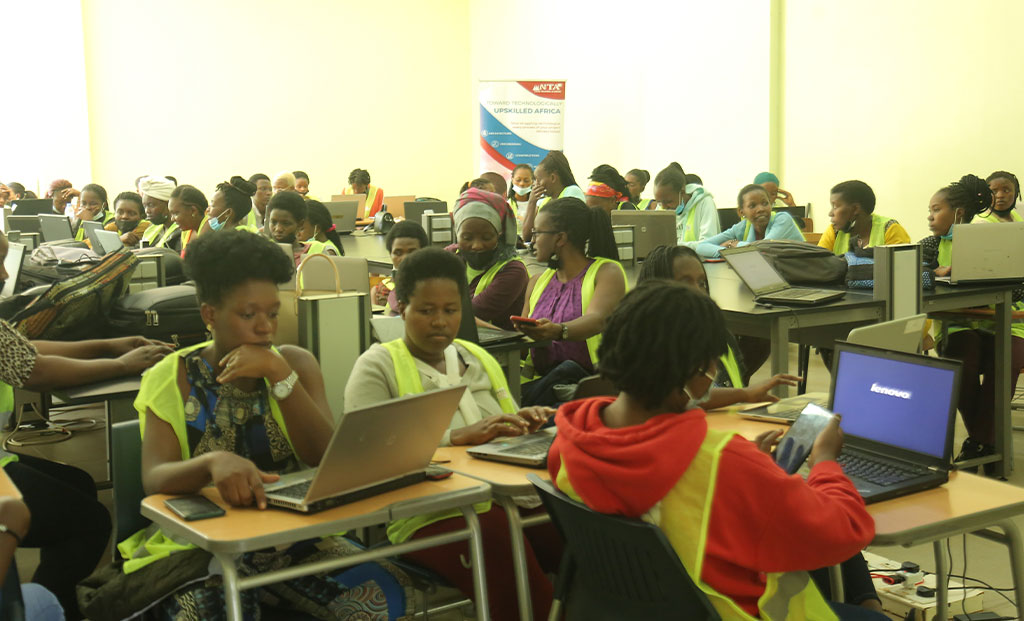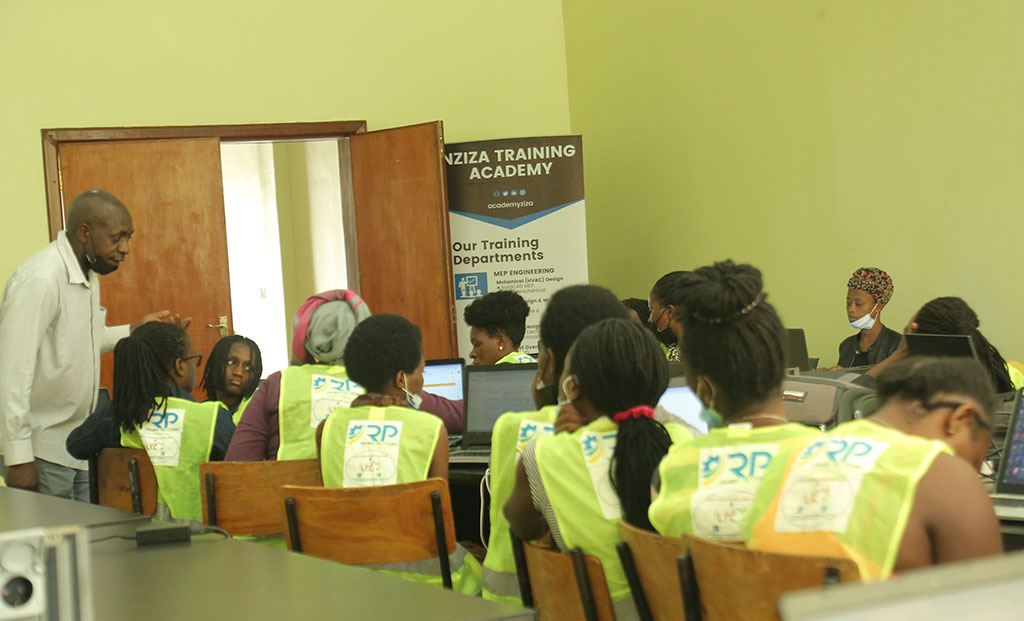
Training women in electrical engineering on the basics of electrical design using AutoCAD
In a significant stride towards gender inclusivity and professional empowerment, our company had the privilege of being appointed by the Institution of Engineers Rwanda (IER) to equip female engineers and technologists in the field of Electrical Engineering in Rwanda with the introduction skills in using AutoCAD for electrical design projects. The goal was to facilitate their professional recognition, to be certified by the Rwanda Utility Regulatory Authority as professionals in their field.
The training sessions, a collaborative effort organized by IPRC Kigali in partnership with the Lenz Center, were made possible through the generous sponsorship of USAID-Rwanda, facilitated by RTI, and supported by both WIRE institutions and PowerAfricaUS. This collective effort underscores the commitment of various stakeholders to promote gender diversity and expertise in the engineering sector, aligning with broader initiatives to foster inclusive professional environments.

The tailored curriculum of the training program addressed the basic needs and challenges faced by female engineers and technologists in Electrical Engineering. By focusing on the practical application of AutoCAD for electrical design projects, participants gained basic experience and insights into utilizing this powerful software to bring their engineering concepts to life.
The collaborative nature of the training, bringing together the Institution of Engineers Rwanda, IPRC Kigali, Lenz Center, and the support of USAID-Rwanda, RTI, WIRE institutions, and PowerAfricaUS, exemplifies the strength of partnerships in driving positive change. By combining resources and expertise, this initiative sought to create a supportive ecosystem for female engineers and technologists, providing them with the tools and knowledge necessary to thrive in their respective careers.
As we reflect on the success of this training program, we celebrate not only the technical skills imparted but also the broader impact it has on advancing gender diversity and inclusivity in the engineering profession. The participating female engineers and technologists were better equipped to contribute meaningfully to the field of Electrical Engineering, furthering the vision of a more inclusive and dynamic engineering landscape in Rwanda.

